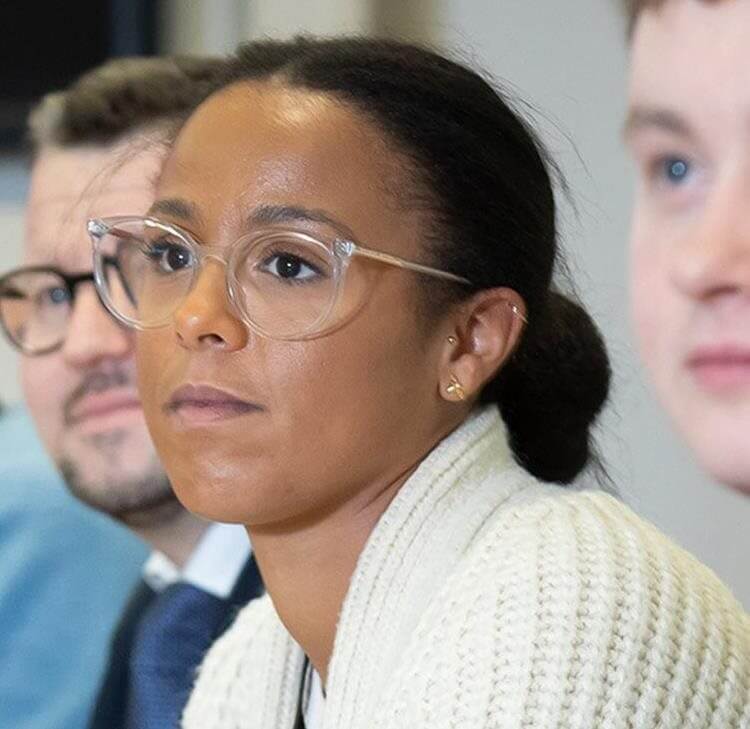How the coronavirus is impacting small charities
All organisations across the UK are currently being impacted by covid-19, including small charities which provide crucial support during this difficult time. According to the Small Charities Coalition, small charities make up 97% of all charities and they offer a diverse range of services. This article discusses the overarching challenges that small charities are facing as well as support that can be offered.
Please note: the information contained in our legal updates are correct as of the original date of publication
All organisations across the UK are currently being impacted by covid-19, including small charities which provide crucial support during this difficult time. According to the Small Charities Coalition, small charities make up 97% of all charities and they offer a diverse range of services. It can be difficult to group the challenges that they face during this time, however, this article discusses the overarching challenges that small charities are facing as well as support that can be offered.
Challenges
- Financial difficulties are probably at the forefront of charities concerns. Due to the restrictions, all types of income streams have now been limited due to charity shop closure, cancelling fundraising events etc. This coupled with small charities tending to have low levels of reserves puts a strain on cash flow.
- Strategic capacity – comprehensive business continuity plans and risk assessments are crucial in order to stay afloat in this current crisis and smaller charities are less likely to have the experience and capacity to have the necessary plans in place. This is important not only for the current ‘emergency’ mode but also for planning for the future and long-term survival.
- Staff capacity – due to smaller charities having fewer paid staff and volunteers, absences (either through illness or self-isolation) will have a greater impact on the running of the charity.
- Furloughing staff also creates a problem besides working out the complexities of the Government’s scheme; this is because although furloughing may be the best option for some organisations that have been forced to close during lockdown, like arts centres and sports club, those staff are then unable to volunteer for their charity employer.
- Changing operational procedures are also proving to be a problem with smaller charities not having the funds to have up to date IT systems and so, moving to a digital way of working in this current crisis may not be possible. Older programmes and less robust digital security also mean a greater vulnerability to cybercrime and scams.
Local Authorities
In these unprecedented times, it is important to recognise the work that all charities do for communities as many of them are now facing a fight for survival. It is crucial that local authorities should plan to support charities that are needed in the immediate situation, the aftermath and also those that are not directly responding to the coronavirus outbreak because their work is still vital for their beneficiaries. The government has established a £750 million scheme which is targeted at small and medium-sized charities however, smaller and less professional charities are at a disadvantage in bidding for funds. Therefore, many could benefit from resources to assist with preparing bids and strategic planning.
Government schemes
The support offered from the government is varied but will still help charities stay afloat during these times.
- £750 million package for charities
The Chancellor of the Exchequer has allocated £360million from different government departments to be provided for essential services during the crisis for hospices, St John’s Ambulance, victim charities and Citizens Advice. Through the National Lottery Community Fund, £370 million will also be given to small and medium-sized charities, especially those delivering food, medicines and financial advice to communities. - The Coronavirus Business Interruption Loan
Only available to charities that receive the majority of their income from trading after than grants. - Deferring VAT bills, paying no business rates for shops next year and job retention schemes are also options for some charities
Other support
- New potential funders and fundraising tools have been published by the Small Charities Coalition
- Emergency schemes and other links to funders have been collated by the Charities Aid Foundation
- Organisation response plan tool kits have been provided by Charities Excellence, including funding strategies and recovery plans
- If charities do not qualify for other schemes available, the Big Society Capital and the Social Investment Business have created an investment programme and £100m loan
- For the next 6 months, the National Lottery Community Fund will be dedicated to supporting communities through the crisis (estimated to be worth £300million)
Contact

Mark Hickson
Head of Business Development
onlineteaminbox@brownejacobson.com
+44 (0)370 270 6000








































